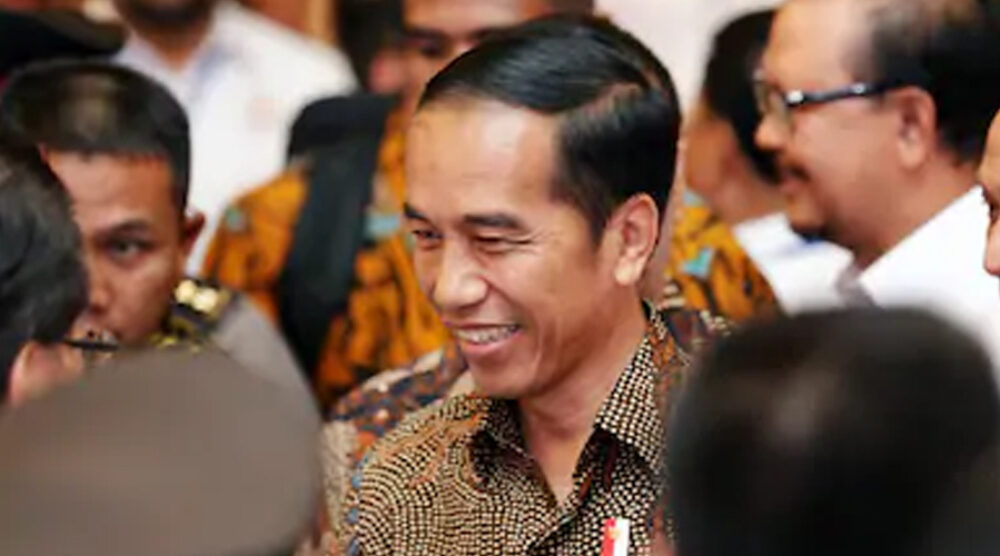Little analytical heed has been paid to the particular effects of Indonesia’s democratic transition on its relations with Australia. Indonesia’s democratisation experience did not ameliorate old constructs and resentments, but on occasions served to exacerbate them.
The contrast between the repressive and authoritarian nature of Suharto’s military-backed regime and Australia’s Western liberal democracy seemed at the heart of a turbulent and highly sensitive bilateral relationship. It was assumed, therefore, that democratisation in Indonesia (reformasi) would significantly improve Australia-Indonesia relations through the convergence of the two countries’ shared democratic values. But the empirical evidence suggests otherwise.
The Australian government not only bore close witness to Indonesia’s political transition, but at various junctures was an active participant in shaping the institutions and values of the post-authoritarian state. Australia was compelled in policy terms to contend with a state buffeted simultaneously by the effects of the Asian Financial Crisis, internal political upheaval, and violent communal conflict. For both Australia and Indonesia, democratisation carried it with it the real possibility of remaking a bilateral relationship seemingly constrained by the sensitivities and repression of the authoritarian New Order regime.
Please click here to read the full “Understanding Australia-Indonesia relations in the post-authoritarian era” published at Australian Outlook, written by Griffith Asia Institute Adjunct Research Fellow, Dr Greta Nabbs-Keller.








